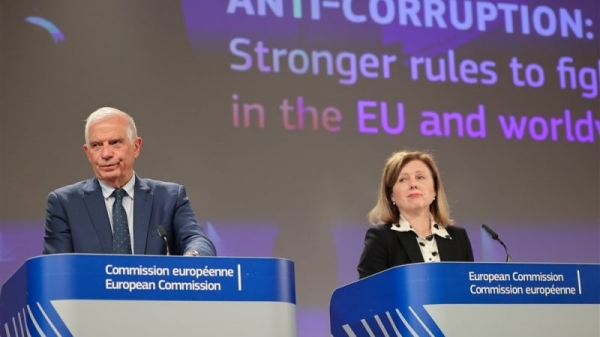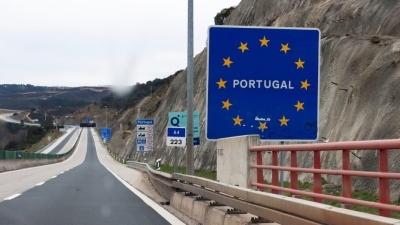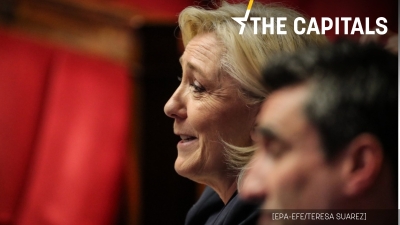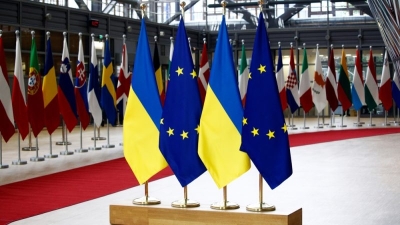EU to extend sanctions framework to target corrupt foreigners

The European Commission on Wednesday (3 May) presented plans to extend its sanctions regime to target foreign nationals for corruption offences, in the wake of the Qatargate scandal and revelations on the scale of Russian money in Europe.
Under the EU executive’s wider plans to fight corruption inside the bloc and abroad, the EU’s diplomatic service put forward a proposal for the EU will be able to target serious acts of corruption worldwide under the bloc’s Common Foreign and Security Policy (CFSP) sanctions toolbox.
“Serious acts of corruption can also threaten peace and international security, enabling terrorism, organised crime and other crimes, which is why we have to enlarge our scope and tackle corruption worldwide,” EU’s chief diplomat Josep Borrell told reporters in Brussels.
“We send a clear message that the EU is not open for business to those who engage with corruption, wherever it occurs,” he added.
Public procurement as well as investor residence and citizenship schemes are among areas particularly at risk, according to the proposal.
It aims to create a blacklist of people from non-EU nations involved in corruption to be followed by travel bans and asset freezes similar to the US Magnitsky Act.
Under US, British and Canadian law, foreigners can currently already be sanctioned for corruption offences and human rights abuses.
Those laws were inspired by the death in custody in 2009 of the Russian lawyer Sergei Magnitsky, who uncovered a massive tax fraud run by Russian officials but was then arrested and thrown into one of the country’s most notorious pre-trial detention centres, where he died due to denied medical care.
In 2020, the bloc made it possible to sanction foreign nationals for human rights violations under its Magnitsky-style EU Global Human Rights Sanctions Regime.
But unlike the US, UK and Canada, the framework did not include corruption.
Under the latest proposal, people from all around the world would now face EU sanctions for high-level corruption.
The move comes amid rising concerns over foreign influence particularly in the EU’s near neighbourhood.
In the Western Balkans, this includes cooperation with the Organisation for Security and Cooperation in Europe (OSCE) on investigations, prosecutions and final convictions on corruption.
In the EU’s Eastern neighbourhood, the bloc is already working with the Organisation for Economic Co-operation and Development (OECD) on the prevention of corruption by supporting the reform of public administration and public financial management as well as support to civil society calling out corruption.
“In the time of war, I think it is more than needed to have something in reserve to punish people who serve Russia openly and who are being paid for that,” European Commission Vice President Vera Jourová told reporters in Brussels.
The EU’s proposal still needs the approval of the bloc’s member states, which will then be expected to apply the measures or risk EU court action.
Read more with EURACTIV




